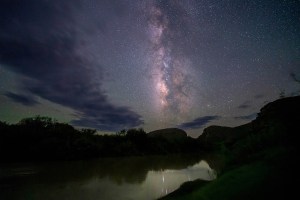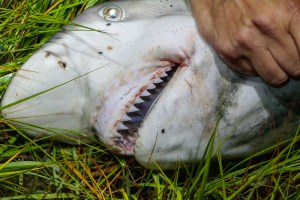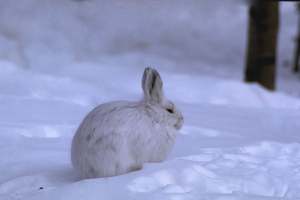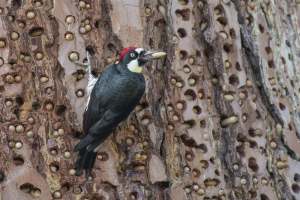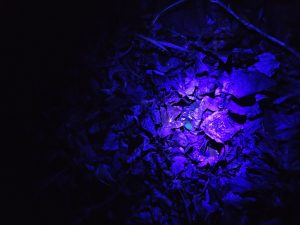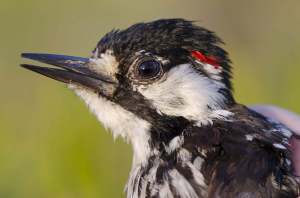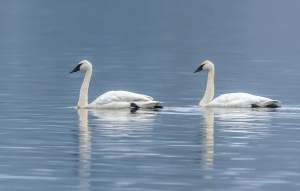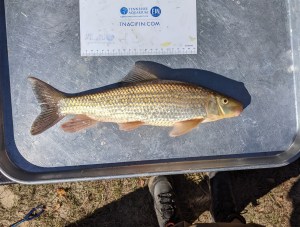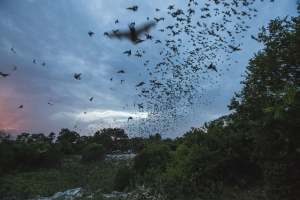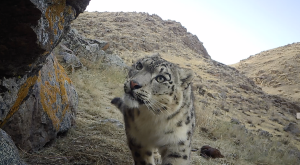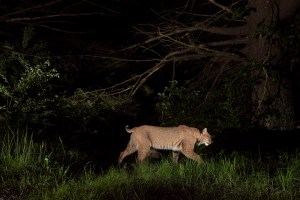Discover stories in Wildlife Science
Dark Skies & Rare Insects: A West Texas Preserve Becomes a Hotbed for Research
TNC's Davis Mountains Preserve is an international dark sky reserve, but it's also a hotspot for ecological research, from rare insects to bats.
Catching Sharks for Science
On Long Beach Island, volunteer anglers help researchers uncover the hidden journeys of sharks in threatened salt marsh ecosystems.
How Extreme Winter Weather Can Affect Wildlife
How extreme winter weather can challenge many species, from opossums to manatees to Carolina wrens. What are you seeing in your neighborhood?
It Takes a Village: What Birds Teach Us About Cooperation and Family
Why do some birds raise chicks that aren’t their own? A look at the surprising strategy of cooperative breeding and what drives it.
When Deer Marks Glow in the Dark?
It’s true: deer signs glow in the dark. And we’re not talking about signs along the road.
Family, Survival and Change: The Secret Life of the Red-cockaded Woodpecker
Lauren Pharr uncovers how family bonds and teamwork help red-cockaded woodpeckers thrive in longleaf pine forests, even as climate change reshapes their world.
Meet the 7 Swans a-Swimming
Those seven swans a-swimming aren't just for the holiday song. There are seven swan species—and each has its own wild story.
Meet the Apalachicola Redhorse, a Newly Recognized Fish Species
For more than 50 years, the Apalachicola redhorse was a fish with no name. Learn more about this newly recognized species of sucker.
The Swift Fox Makes a Surprise Comeback
New research shows North America’s smallest canine might be more adaptable than anyone previously thought.
Bat: It’s What’s for Dinner
From crocodiles swimming through bat guano sludge to raccoons feasting in caves, here are weird stories of the predators that target bats.
Camera Trap Chronicles: Up Close With Snow Leopards
Enjoy this footage of snow leopards from Mongolia, including the animals scent marking and vocalizing.
New Jersey Cats Caught on Camera
Photographer Steve Winter uses camera traps to capture stunning images of bobcats and other wildlife in New Jersey.
